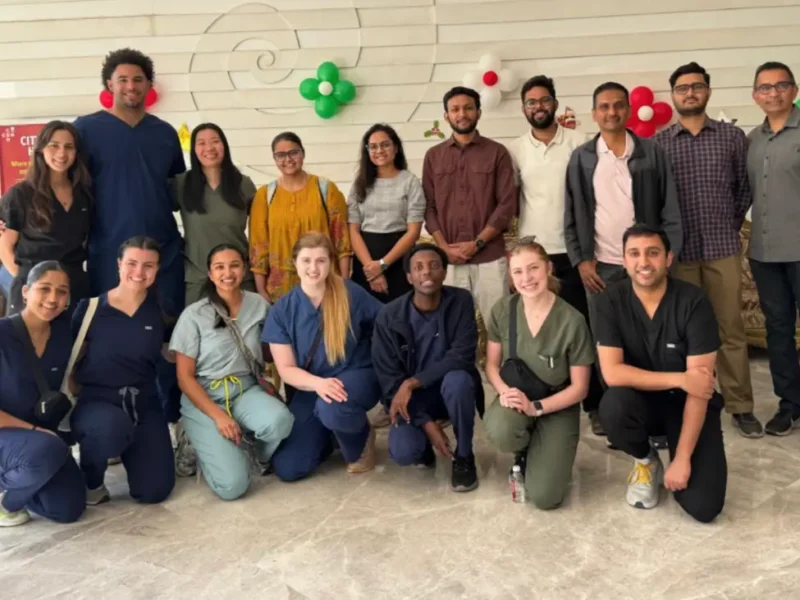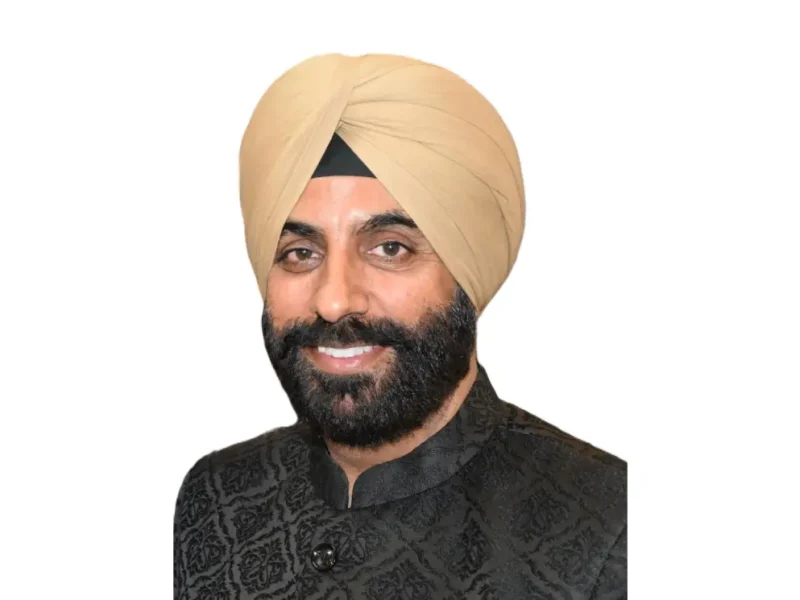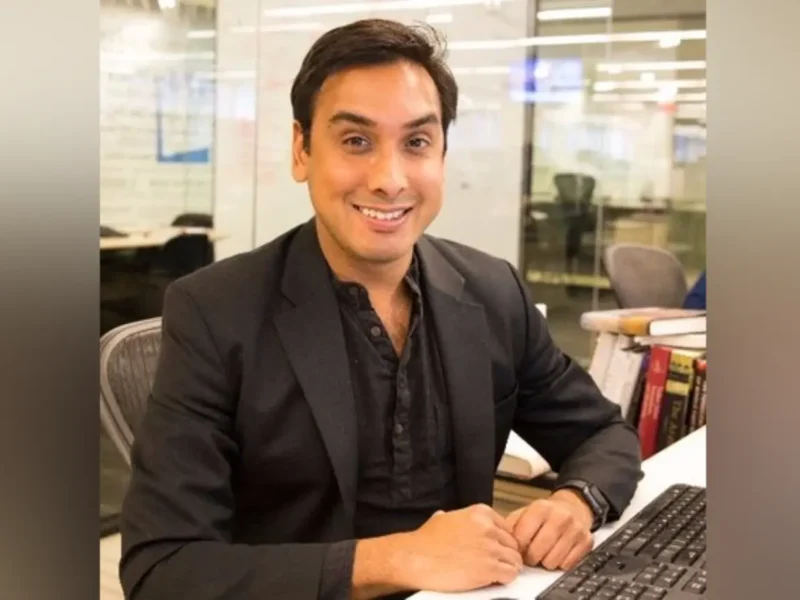
Teenager Wants Her App to Be a One-Stop Resource for Victims of Abuse
India-West Staff Reporter
CUPERTINO, CA – Three years ago, Ananya Dua was living comfortably in her privileged Bay Area environment but found herself yearning to better understand the world, and why certain things were the way they were. In particular, she wondered why her life was dramatically different from that of the people she’d often see – people who sat on the streets asking passersby for money, food, and shelter.
This quest drove her to the California Youth Crisis Line, where she met teens from a myriad of experiences. Some, just like her, were battling teenage challenges; others were grappling with issues beyond what she could comprehend.
Working there as a crisis counselor and sexual assault advocate, she would talk to multiple women and youth about their experiences with homelessness, abuse, etc. During her time there, she became aware that violence survivors deal with 2 glaring issues: an inability to find proper shelter/resources (family support, medical, legal, and financial aid); and, an inability to support themselves mentally after instances of violence.
Conversations with people at the line and these realizations inspired her to start her initiative, Project Her Home, with the help of Radhika Shandilya, a housing worker, and Professor Ruschelle M. Leone at Georgia State University.
To address the resource matching component, Dua, a rising senior at Monta Vista High School here developed the PHH application, which currently has over 1500 downloads. Survivors fill out a questionnaire and provide location; they are then matched with medical, legal, and financial resources and nearby women’s shelters.
Shelters are often underfunded and are unable to address the past experiences of these women/cater to their emotional wellbeing; this causes the women to be at danger of repeating the cycle of homelessness, without awareness of their situation and options. Thus, Dua worked with psychiatrists on an advisory board to develop the PHH curriculum, which focuses on healing.
The curriculum features a Conversation Packet for survivors to share their experiences with loved ones. It also guides them through self-care, therapy options, and ways to report. The curriculum is currently established in more than 30 women’s shelters across the US, so women can work toward disrupting this vicious cycle and healing after instances of violence.
Ananya also partakes in charity work through her organization; she has donated 2000+ hygiene products and 250+ kits to women’s shelters across California, alongside 15 other youth volunteers.
In the future,Dua wants to improve her application by creating a community that connects all women’s shelters in California. This way, she feels victims won’t have to desperately call multiple shelters, and can rather be notified when a spot opens up for them. Additionally, Dua wants to get involved with policy and work toward tangible laws to help eradicate the violence/street pipeline among women.



